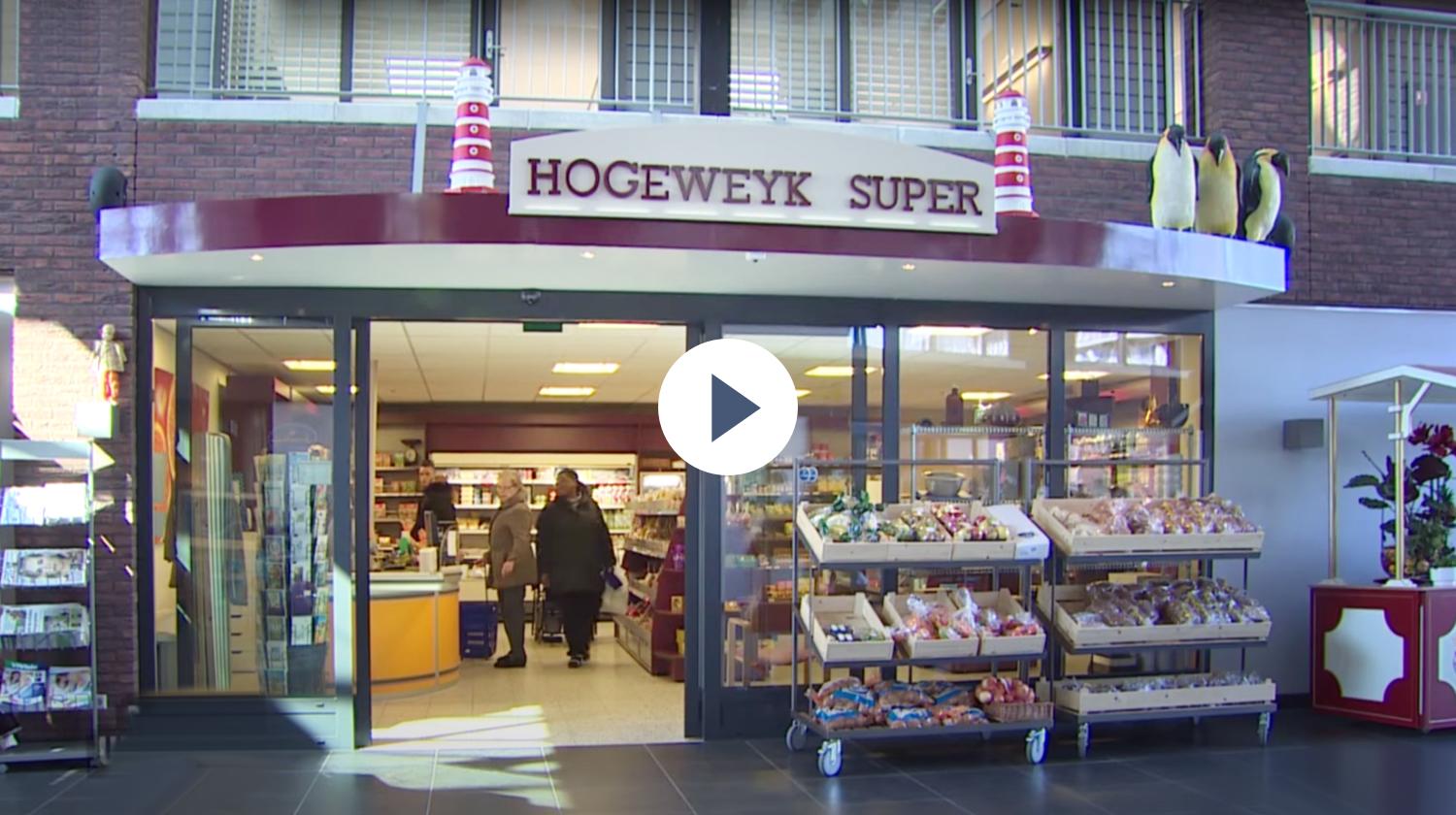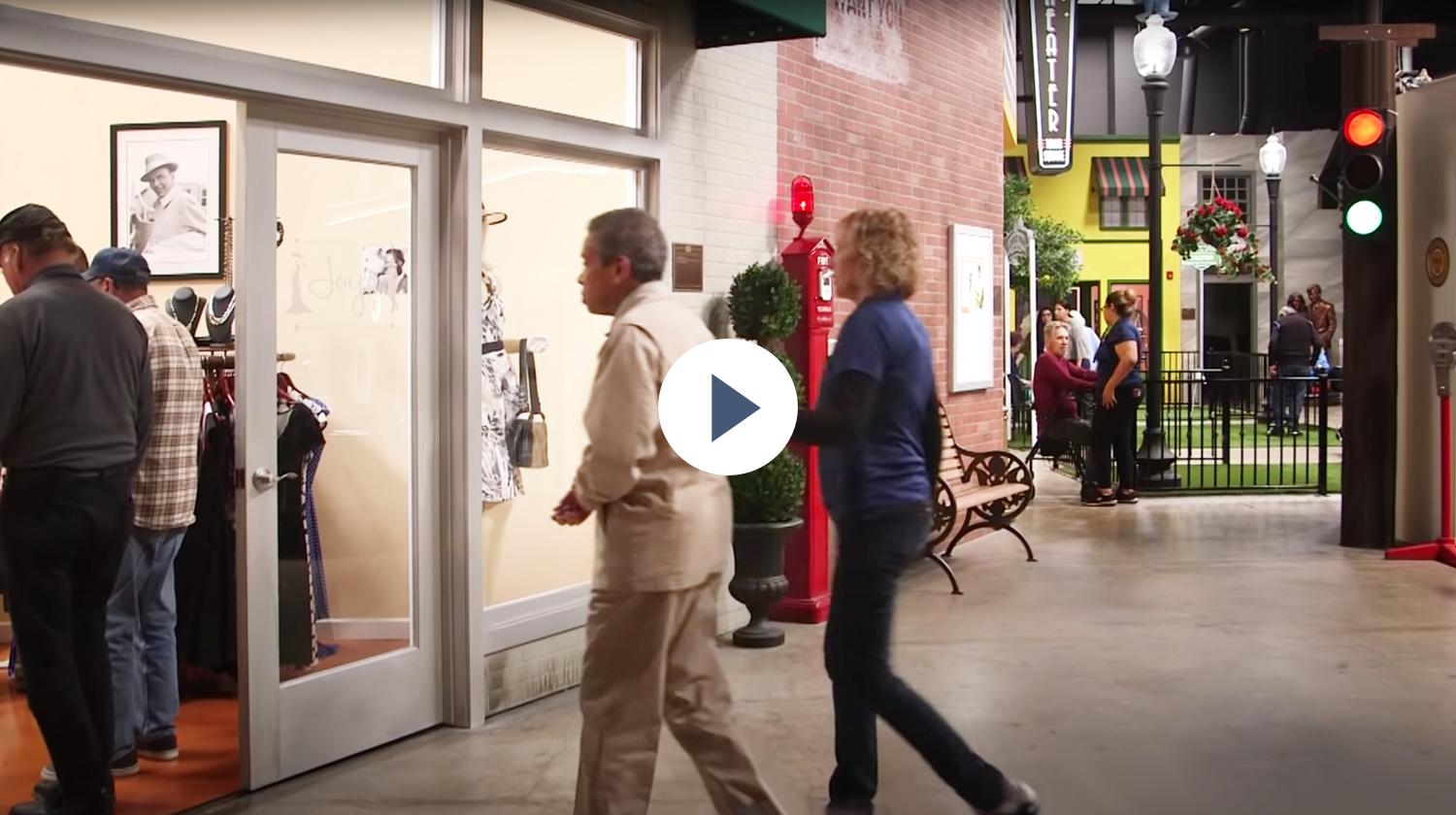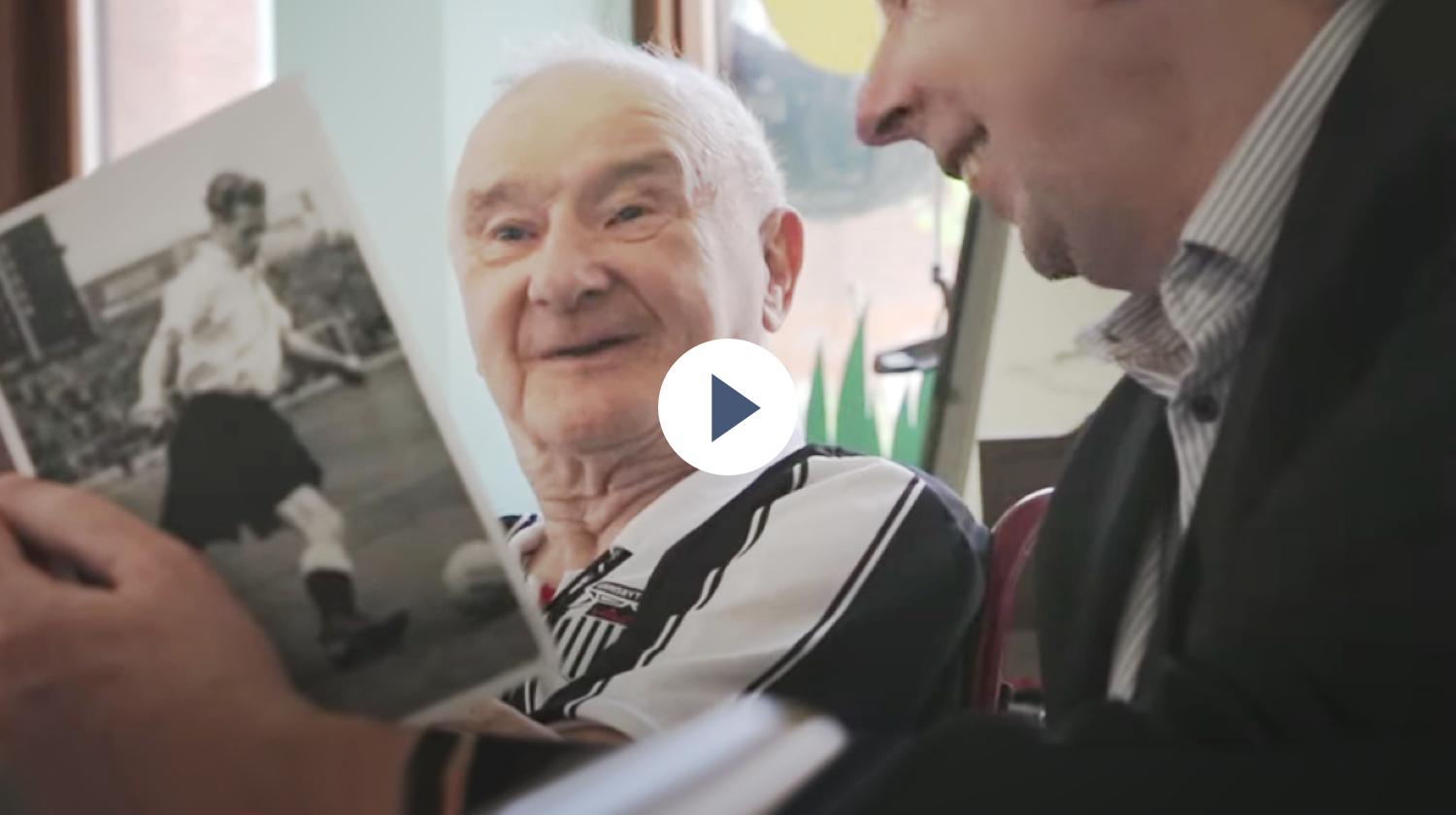Intentional Dementia Care Around the World
A guiding principle of ComfortCare Homes is a concept we call intentional design. The simple yet innovative concept of creating enriching environments for residents is a hallmark of successful dementia care programs around the world. Much more than a plan for spaces, intentional design means bringing the specific needs of residents to the foreground and providing familiar, comfortable spaces supported by responsive and enriching engagement.
When we developed this model of care 30 years ago, the standard of dementia care was institutional, within large, impersonal hospital settings. Today, the expectations of families and caregivers here and abroad have shifted; we see more examples of personal interaction and residential-style care. From an entire village designed for those with dementia to creative ways of engaging with residents within different cultures, our understanding of how best to connect with people diagnosed with dementia-related illnesses is growing on a global scale.
The Power of Place
The small village of Hogewey on the outskirts of Amsterdam, Netherlands, is actually a home for dementia patients. More than 150 residents with dementia are encouraged to fill their day with activities like shopping, going to the movies, or meeting at the café. Similar to the ComfortCare Homes model of intentional design, the village of Hogewey is built to give residents a safe and secure venue that enables them to continue living an enjoyable and fulfilling life, even as their own world changes as their dementia progresses.




